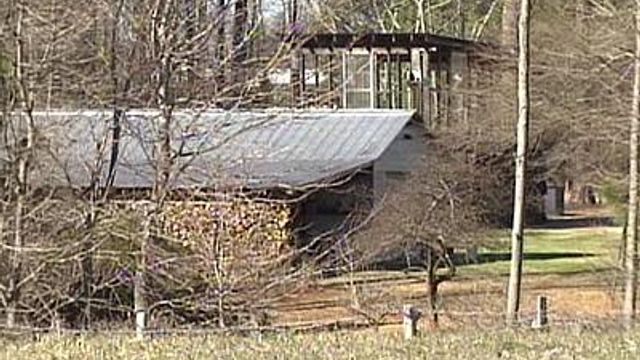Local News
Landscape Changing for Wake County Farms
Farming is a $9 billion economy in North Carolina. Although the impact is still large, the landscape is changing.
Posted — UpdatedRALEIGH, N.C. — Farming is a $9 billion economy in North Carolina. Although the impact is still large, the landscape is changing.
In 2005, North Carolina lost 1,000 farms – mostly family farms. Some sold out to larger farms, others sold out to growth or simply closed. Approximately 3,000 farms were lost in 2004.
Now, there are fewer than 48,000 farms across the state. With the drought gripping North Carolina, there's a fear that even more family farms will become history.
On average, 30 acres of land in Wake County are developed every day. At that rate, experts say, a lot of open space could disappear within the decade
Local and state leaders are determined to save the farm, however.
"We don't want to see house tops," said Rudolph Bunn, whose farm has been in his family for years.
Once 50 acres strong, plots were sold and divided through the years. Now, there's about 30 acres left.
He and his wife lease them to a farmer for a small profit. And this year, the farm is hurting.
"This year has been terrible (with the) drought," Bunn said.
The temptation to sell is there, but the couple turns down a few offers from real estate developers each week.
"We are not just going to throw up our hands and put in a suburb and turn into Atlanta," natural resource conservationist Dale Threatt-Taylor said.
Local and state agriculture experts and conservationists informed small Wake County farmers what their options are.
If they can't keep farming their land, they will pay property taxes that recently got steeper with re-valuations.
One option is grant money from the county and state to keep land as open space to improve the environment.
"(That's) in order to have clean water, viable life – to have a place you would want to live, work and raise a family," said Kurt Smith with Wake County Environmental Services.
To do that, the Bunns would give up some development rights.
"So far, we are OK, but we may not always be," Bunn's wife, Frances Bunn, said.
• Credits
Copyright 2024 by Capitol Broadcasting Company. All rights reserved. This material may not be published, broadcast, rewritten or redistributed.





